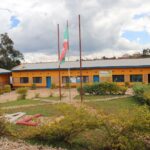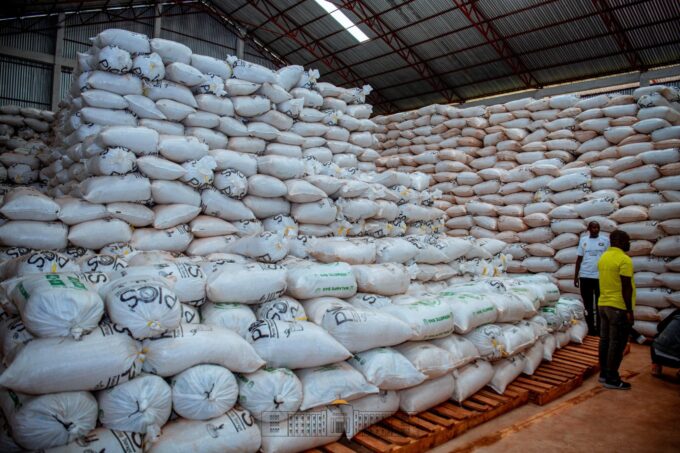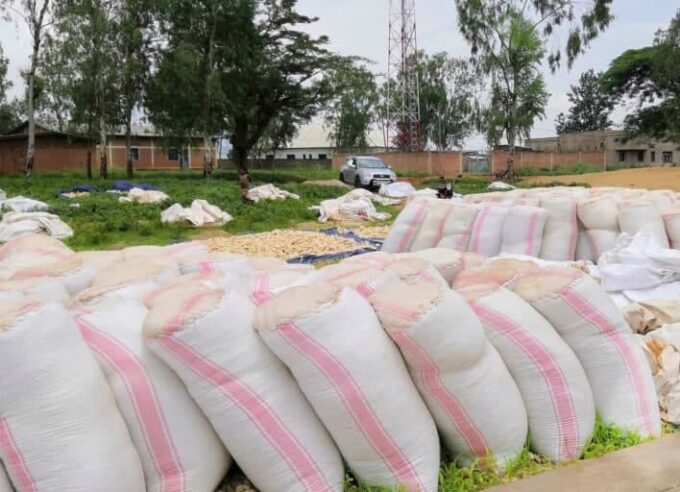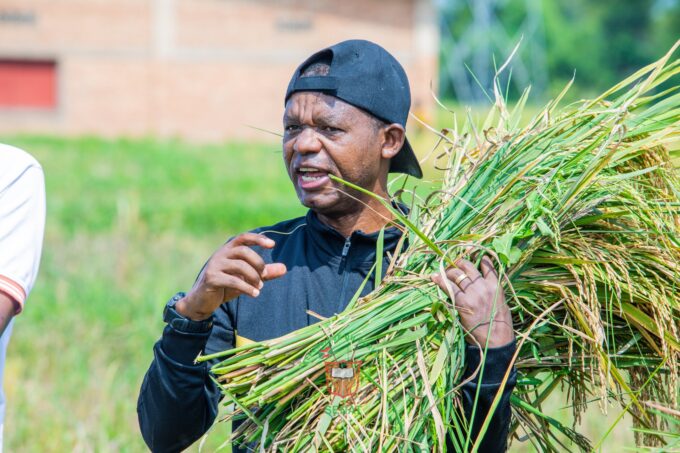Burundi’s tea industry, one of the country’s main sources of foreign currency, is facing a financial crisis. The Burundi Tea Office (OTB) has reported a nearly $2 million deficit, largely caused by the ongoing fuel shortage that has plagued the country for the past few years. Gilles Mukundwa, OTB’s Director General, issued the alarming statement during a press conference on Monday, expressing deep concern about the fuel scarcity and its crippling effect on the tea sector.
Mukundwa explained that the fuel crisis has led to a severe reduction in fuel deliveries to OTB’s factories. “While we previously received 50,000 liters of diesel to ensure the proper operation of our factories, we now only receive 23,000 liters, less than half of what we need,” he said. “This situation risks bringing production to a halt.”
In addition to fuel shortages, OTB has been grappling with frequent power outages, further exacerbating the challenges facing the tea sector. These power disruptions have paralyzed tea processing operations, jeopardizing the survival of the industry, which plays a critical role in the country’s economy. “These recurring energy disruptions are severely affecting our operations and, ultimately, the national economy,” Mukundwa added.
The impact of the fuel crisis is also being felt by tea farmers across Burundi. Paul Manirakiza, a representative of tea farmers on the OTB Board, described the dire consequences faced by farmers. “We’ve spent days unable to transport tea due to a lack of fuel, and as a result, the factories cannot process it. This leads to the tea rotting in the fields. It’s a huge loss for us,” Manirakiza lamented.
In Kayanza northern province, the situation has become so severe that some farmers have resorted to uprooting their tea plants. Earlier this month, 44 tea farmers in Caguka and Nyamisagara localities in Kabarore commune reportedly removed over 61,000 tea plants due to poor market conditions, low prices for green tea, and the ongoing fuel shortage. This drastic measure has further highlighted the increasing disillusionment within the farming community. As the state-run newspaper Burundi Eco reported, the farmers are frustrated by the lack of profitability in tea cultivation.
Tea farmers are also grappling with low prices for their product. “They pay us BIF 350 per kilo of tea, and we don’t receive payment for up to two months,” said Login Nsavyimana, a tea farmer from Teza District in Kayanza province. “With rising prices in the country and the increasing value of the dollar, we can’t expect to keep cultivating tea under these conditions.”
The OTB has calculated that the fuel shortage has led to significant losses, as a large portion of the tea leaves could not be collected. The chairman of OTB has urged the government to grant permission for the importation of fuel to mitigate the crisis. “We have communicated to the relevant authorities our desire to procure fuel. OTB has the means to import fuel to ensure the smooth operation of our factories,” he said.








1 Comment